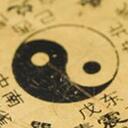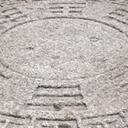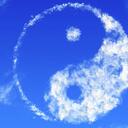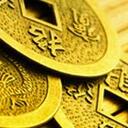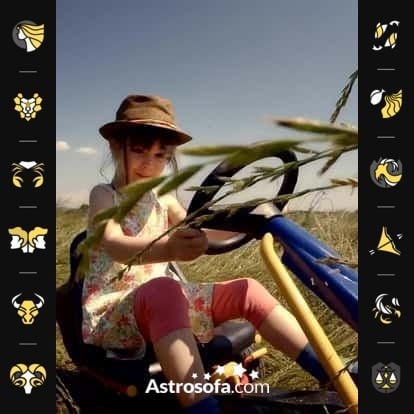"You absolutely have to read the I Ching. I don't want to talk about it, just this: it's the only thing that's fantastically true. You read it and you just know it's true. It's something you can believe in." (Bob Dylan)
Most people know the I Ching as an ancient Chinese shorthand or coin oracle . But it is much more than that and has deep layers of meaning. It is one of the oldest and most essential wisdom books in China, and many consider it to be one of the most aged pieces of writing in the world. Translated, the " Book of Changes " is called I Ching (there are also spellings I Ching and Yijing ), the "Book of Changes ." It consists of the so-called 64 hexagrams (symbolic signs of six Yin and Yang lines each) and various authors' extensive collection of texts and commentaries. The philosophical currents of ancient China influenced me Ching. For example, Taoism and Confucianism have their spiritual roots here.
At first, the"Book of Changes " served primarily as a guide for farmers, who consulted it in agriculture and fishing. Over the years, however, it was also increasingly used as an oracle for other questions of life, as a moral authority and helpful guide.
Even today, the I Ching enlightens us about the laws of nature and can help us with important questions of life. It reveals ways to live in harmony with nature and flow with the current of life. When working with the I Ching, we become more aware of our feelings, goals in life, and way of life. It sharpens our senses for the intangible and visible, which nevertheless always accompanies and determines our lives. It is a guide to live with the Tao's constant change, to accept and embrace it. Those who live in harmony with the Tao develop further, create growth, and are at peace with themselves.
The I Ching does not predict the future. But it shows us which actions can have which consequences. It is up to the individual to judge whether a decision is good or bad. The I Ching is a guide and companion in life. It does not show our fate but challenges us to take our lives into our own hands and consciously follow our path in life.
The translation of the "Book of Changes" by the German Sinologist Richard Wilhelm , a missionary in China at the beginning of the 20th century, is significant for the European discussion of the I Ching. He worked intensively with the I Ching and created the most crucial translation to date (for all those interested in his work: within the framework of the Gutenberg Project, the translation is available online for all to read and study: http://gutenberg.spiegel.de/buch/1325/1). Therefore, anyone who wants to explore the "Book of Changes" intensively should also consult this translation.
A quotation from Hermann Hesse serves as the conclusion to this short introduction: "You can use it as an oracle book to get advice in difficult situations in life. One can also love it and use it only for its wisdom ... There is everything there that can be thought and everything that can be lived."
